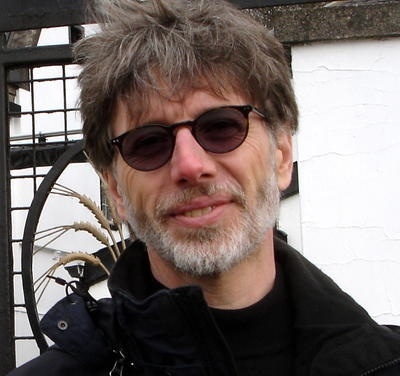 On Thursday, April 18, Washington College will host internationally known University of Toronto professor of art history and curator Mark Cheetham for a talk entitled “Manipulated Landscapes and National Boundaries.” The lecture will be held at 8:00 p.m. in the Casey Academic Center Forum on campus and is free and open to the public.
On Thursday, April 18, Washington College will host internationally known University of Toronto professor of art history and curator Mark Cheetham for a talk entitled “Manipulated Landscapes and National Boundaries.” The lecture will be held at 8:00 p.m. in the Casey Academic Center Forum on campus and is free and open to the public.
Cheetham has long studied and written about the overlap between art writing and art making in the modern and contemporary periods. An accomplished and prolific author, he has written books and articles on abstract art, the impact of Immanuel Kant on the visual arts and the discipline of art history, the historical methodology of art, and recent Canadian and international art. He has received numerous awards and grants, including the John Simon Guggenheim Memorial Fellowship and the Edward G. Pleva Award for Excellence in Teaching (University of Toronto).
Cheetham’s lecture is sponsored by the Department of Art and Art History, the Center for Environment and Society, Kohl Gallery, and the Art History Club in honor of Earth Day.
“Mark asks how undeniably planetary concerns with ecology can be addressed effectively by artists and works that are, by contrast, perennially identified with a particular country?” says Donald McColl, an associate professor of art history at Washington College. “Ecologically minded artists typically produce work that emphasizes the specificities of place. Contemporary eco art therefore puts pressure on a habitual and perhaps outmoded art historical category—the nation. Yet Mark has suggested that the nation is not only a holdover from the rise of art history as a modern discipline but also, if rethought, a useful rubric through which to formulate issues addressed by eco art today.”



Write a Letter to the Editor on this Article
We encourage readers to offer their point of view on this article by submitting the following form. Editing is sometimes necessary and is done at the discretion of the editorial staff.